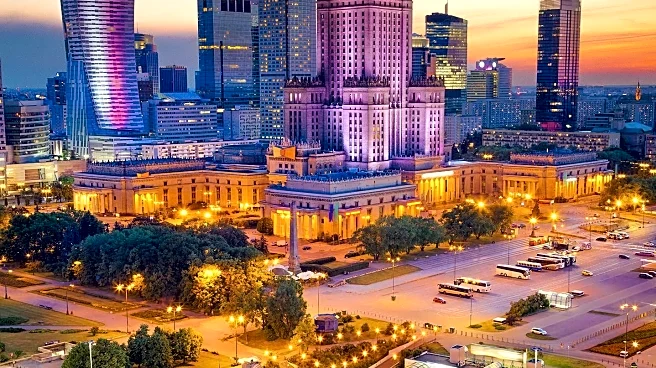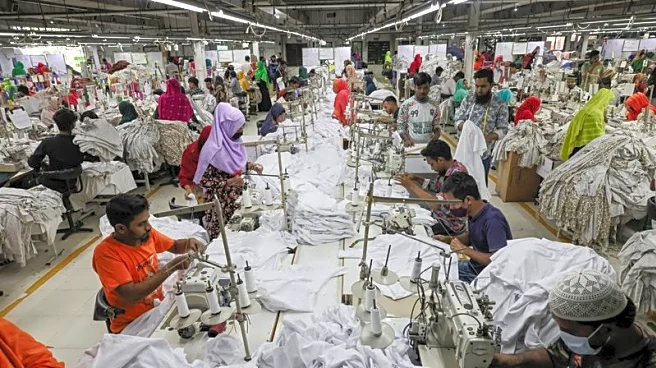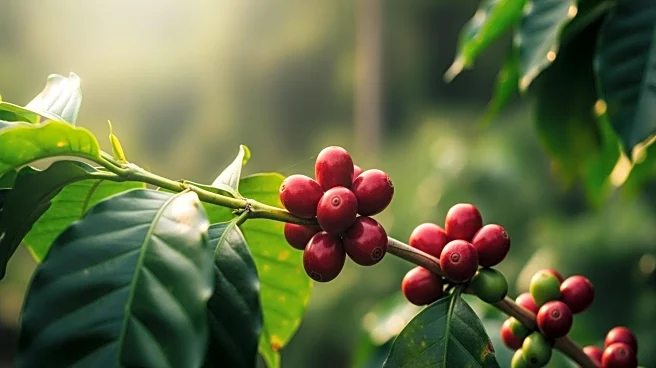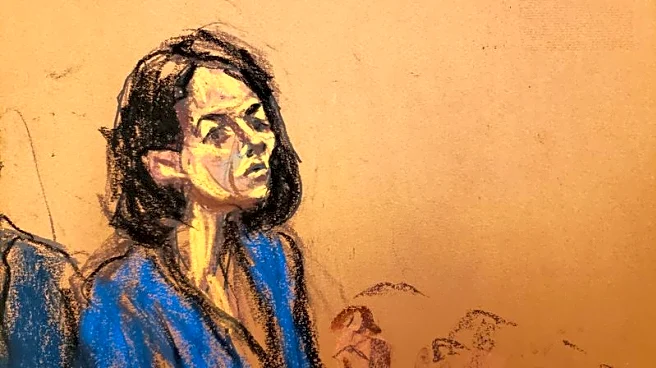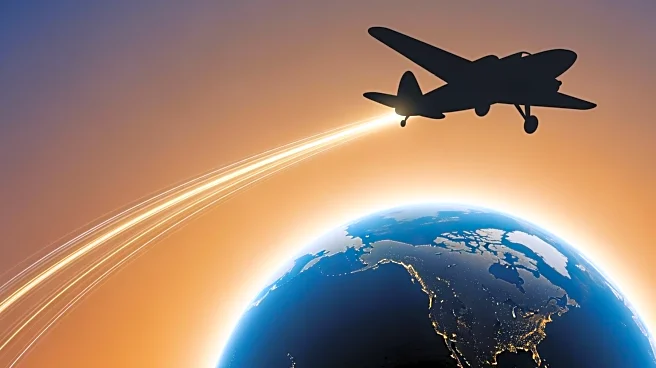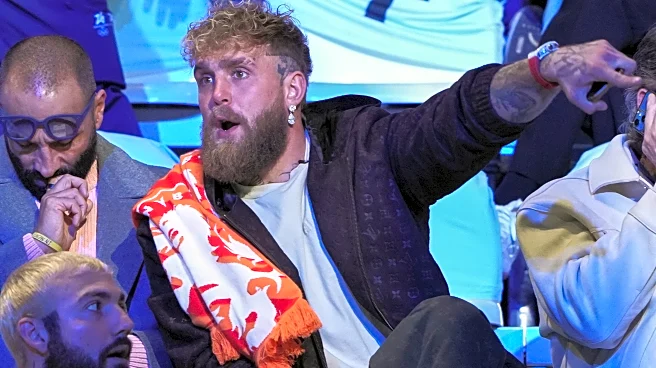What is the story about?
What's Happening?
Poland is experiencing a burgeoning art scene, driven by its economic growth and strategic geopolitical position. The Warsaw Gallery Weekend, now in its 15th edition, showcases 53 galleries and 50 exhibitions, reflecting Poland's increasing internationalization in the arts. The event is bolstered by the opening of the Museum of Modern Art Warsaw and other initiatives aimed at attracting global attention. Poland's economic performance, marked by steady GDP growth, low unemployment, and rising wages, is fostering investment in culture and the arts. This growth is occurring amidst political tensions, with the possibility of a right-wing government returning to power in the near future.
Why It's Important?
The expansion of Poland's art market signifies a shift in cultural dynamics within Eastern Europe, potentially positioning Poland as a key player in the international art scene. The economic growth supporting this cultural investment contrasts with the stagnation seen in other parts of Europe, highlighting Poland's resilience. This development could lead to increased cultural exchange and economic opportunities, benefiting artists, galleries, and collectors. However, the political landscape remains uncertain, which could impact future growth and international collaborations.
What's Next?
As Poland continues to develop its art market, there is potential for further international recognition and collaboration. The ongoing political tensions may influence the cultural sector, with the possibility of changes in government policies affecting the arts. Stakeholders in the art community are likely to focus on building strong networks and fostering community-driven initiatives to sustain growth. The Warsaw Gallery Weekend serves as a platform for engaging new audiences and connecting with potential collectors, which could drive future expansion.
Beyond the Headlines
The art market's growth in Poland reflects broader cultural and economic shifts in Eastern Europe. The strengthening of regional identity, partly due to geopolitical factors, is influencing cultural dynamics. The art scene's development may also contribute to Poland's soft power, enhancing its influence in international cultural and political spheres. The interplay between economic growth and cultural investment highlights the complex relationship between politics, economy, and the arts.
